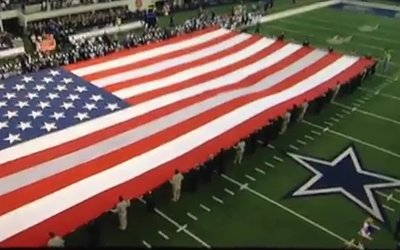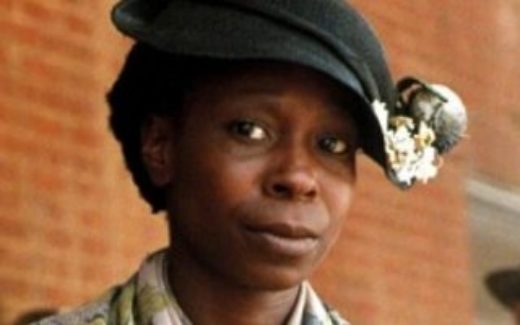The 60s Teen Tragedy Song Craze
We tend to think of the sixties in connection with The Beatles, but before the Fab Four and subsequent British Invasion, there were several years where teen tragedy songs were all the rage. Many people who were teenagers in the early 1960s are now around retirement age and will recall these songs quite fondly. What was the reasoning behind these melodies of misery? Was there a morbid obsession with death, or what? Let’s take a look at some of these songs and see what was going on. But first, it is interesting to note that West Side Story came out on Broadway in 1957, although it is hard to say just how much of an influence that was on the wave of star-crossed lovers that followed.
1958’s “Endless Sleep” was written by Jody Reynolds and Dolores Nance and sung by Jody. It’s a rainy dark night and Jody’s baby somehow fell in the sea after they had a quarrel and he left her alone. He follows her footsteps to the shore, where not only does the sea mock him but he hears her voice telling him to join her! Jody wrote this song, which peaked at No. 5, but in his original version, the girl drowned. The record company persuaded him to record a happy ending and he saves her. “Endless Sleep” has been covered endlessly ever since. The spooky quality of it can only lead one to speculate that Jody was watching too many late night horror shows.
The 1959 “Romeo/Juliet tale” of “Running Bear” and Little White Dove went all the way to No. 1 for several weeks. It was recorded by Johnny Preston and written by J.P. “The Big Bopper” Richardson, who unfortunately did not live to see it hit No. 1. The Big Bopper sang background vocals on the hit along with future country superstar, George Jones. The lovers really do drown in “Running Bear.”
Car songs were all the rage in the early 1960s too, and some teen tragedy songs combined both. In Mark Dinning’s “Teen Angel”, the tragic heroine makes the ultimate sacrifice because she couldn’t bear to lose her boyfriend’s high school ring when the car was stalled on the railroad track.
“Tell Laura I Love Her” is a singularly maudlin song, plaintively wailed by Ray Peterson. It tells the story of Tommy who wants to give his gal, Laura, flowers and presents, “but most of all a wedding ring.” He decides to win the money in a stock-car race with fatal results. Tommy does come back to the chapel where Laura prays and continues to send his love via third person messages even though she is right there!
1964’s “Last Kiss” by J. Frank Wilson and the Cavaliers, was based upon a real car accident, and “Dead Man’s Curve” by Jan and Dean related the tale of a drag race that ended badly. The latter song was considered somewhat prophetic when two years later, Jan Berry was seriously injured in a car accident near the scene depicted in the song.
Class-conscious parents were the villains in Dickey Lee’s 1962 hit “Patches”. The singer laments his inability to run off to marry his poor girlfriend, because his parents believe “a girl from that place would just bring [him] disgrace.” When a distraught Dickey (and Dickey can really sing distraught) hears that Patches jumped in the dirty river, he decides to follow suit. Class struggles also showed up in a couple of songs by The Four Seasons in 1964: “Dawn (Go Away)” and “Rag Doll” but there were no fatalities.
Now we come to 1964’s “Leader of the Pack” by the Shangri-Las which we can call the trifecta of teen tragedy songs. It combines the snobby parents, who “were always putting him down (down, down) because he came from the wrong side of town,” a motorcycle and the death of the title character. The Shangri-Las continued to deliver the melodrama with “Out in the Streets” (only the love dies); “Give Us Your Blessing” (another trifecta) and “I Can Never Go Home Anymore”, (the parent dies!)
With the advent of the Beatles and the British Invasion, the tragedy songs with repressive parents and car crashes began to fade away, although Dickey Lee did come back in 1965 to date a ghost who was celebrating her birthday at the local dance in “Laurie (Strange Things Happen)”.









Recent Comments